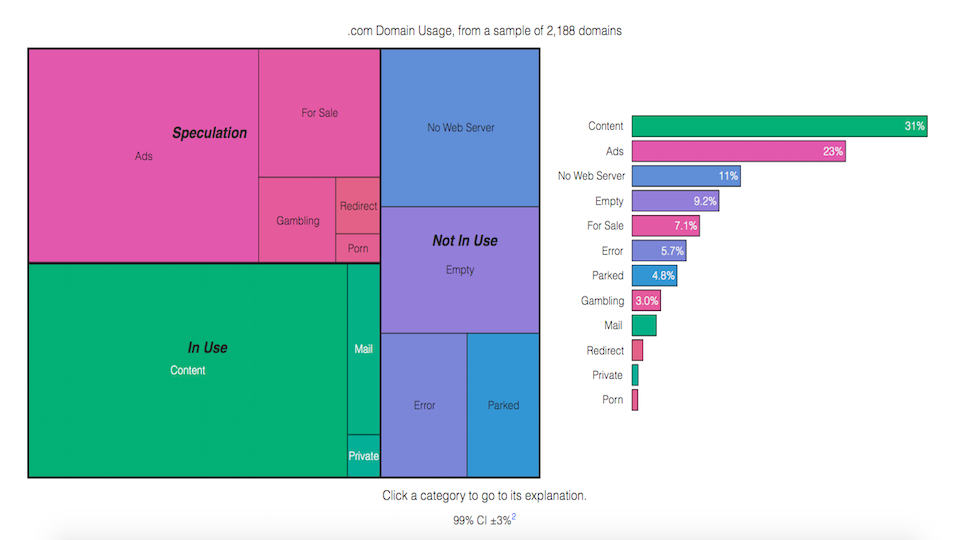LOS ANGELES — The Internet Corporation for Assigned Names and Numbers (ICANN), the Los Angeles-based nonprofit responsible for the databases related to internet namespaces and numerical spaces — including the .com domains — just wrapped their request for comments for a proposal to allow for price flexibility in domain names, which have been stable since 2012.
ICANN received almost 9,000 responses submitted by stakeholders, or close to three times the number of responses that led to last summer's controversial deregulation of .org pricing, according to a column by Greg Thomas on ecommerce news site Circle ID.
ICANN uses an unusual "multistakeholder model" (MSM) for self-governance and policymaking. They describe the MSM as aiming "to bring together the primary stakeholders such as businesses, civil society, governments, research institutions and non-government organizations to cooperate and participate in the dialogue, decision making and implementation of solutions to common problems or goals."
A stakeholder can refer "to an individual, group or organization that has a direct or indirect interest or stake in a particular organization."
Since ICANN's primary role is "to coordinate the internet naming system worldwide," the corporation's former CEO, Rod Beckstrom, described the MSM as "the catalyst for the internet — open, inclusive, balancing, effective and international."
But this quasi-utopian arrangement has come under fire as the internet entered 2020. As Thomas explained in his essay, which is critical of the attempt to deregulate .com pricing, 98.1 percent of the 8,998 stakeholder responses oppose the deregulation. Many stakeholders pointed to the controversy around the recent sale of the Public Interest Registry (PRI), which operates the .org registry, to private equity interests.
The circumstances of that sale are now the subject of an investigation by California's Attorney General.

The Speculation Business
Thomas zeroes into one of the stakeholders' responses, a letter entitled "Troubling Efforts to Distort and Undermine the Multistakeholder Process," submitted by Verisign, the massive Virginia company that operates a vast amount of network infrastructure including the authoritative registry for the .com and .net top-level domains.
Verisign, which would profit from the pricing flexibility amendment, blames a shadowy letter-writing campaign by "a small but vocal group" of for-profit registrars for the flurry of letters opposing the amendment.
Verisign accuses registrars of being in the speculation business.
Thomas defends the accumulator registrants as "investors engaged in the age-old activity of buying low and selling high" as opposed to the Verisign letter's implication that "registrants of large domain portfolios" are "shadowy speculators illicitly profiting from ill-gotten domain names."
Thomas points out that Verisign's characterization of a "pure" domain name registrant as a business, organization or individual is not representative of the market.
"A study conducted last year by the Singapore Data Company," he writes, concluded that these "end-user" registrants comprised about 31 percent of the .com namespace, with 69 percent of the domain names being "parked, serving ads or porn."
According to The Verge, "the price of .com registration has been frozen at $7.85 since 2012. Consumers didn’t necessarily see that price — you could have been charged more or less by a registrar — but that was the price domain registrars ended up paying per registration."
"Under a proposed agreement," The Verge continues, "the price could rise to nearly $13.50 per domain over the next 10 years. The agreement allows Verisign, which has a contract to oversee .com domains, to raise the price by up to 7 percent, per year, over most of the next decade. Verisign would be required to pause price increases during two years (2024 and 2025), but it would otherwise have authorization to steadily raise prices through 2029."








